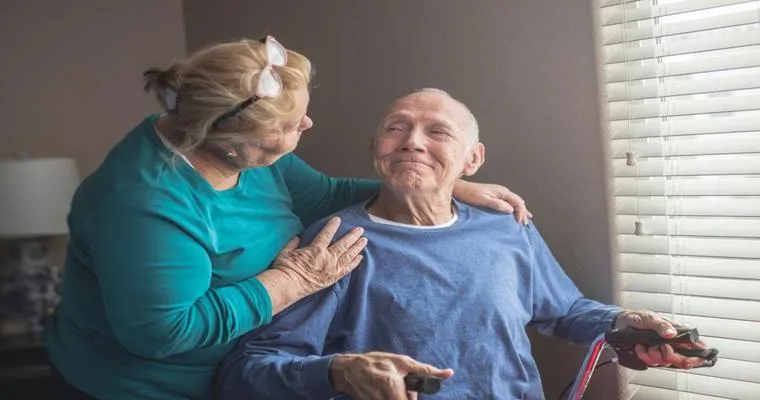Moving to "assisted living" can be a significant transition for many seniors, and it often brings about a range of emotions and challenges. One common issue that arises is when a parent, particularly a mother, becomes "irrational" about her "belongings" during the move. This situation can be stressful for both the parent and the family members involved. Understanding how to deal with an emotional response to downsizing can ease the process and help maintain family harmony.
First and foremost, it is essential to approach the situation with "empathy" and "patience". Your mom may be experiencing feelings of loss, nostalgia, or fear of the unknown. Recognizing that her belongings represent memories and a sense of identity can help you navigate conversations more effectively. Instead of dismissing her feelings, validate them by acknowledging how difficult it can be to part with cherished items.
One effective strategy is to involve her in the decision-making process regarding her belongings. Allow her to express what items are most important to her. This can help her feel a sense of control and ownership over the move. Create a plan that includes sorting through items together, focusing on what she truly needs in her new living space. This collaborative approach not only alleviates her anxiety but also strengthens your bond during this challenging time.
Another practical tip is to set up a "memory box" or a designated space for keepsakes. Encourage your mom to select a few items that hold significant emotional value and place them in the box. This way, she can still retain a part of her past without feeling overwhelmed by clutter. Remind her that the memories will remain, even if the physical items do not.
Additionally, consider discussing the potential advantages of assisted living. Explain how this new environment can provide her with a supportive community, access to care, and opportunities for social engagement. Framing the move positively may help her shift her focus from what she is losing to what she can gain.
If her attachment to belongings is particularly strong, it might be helpful to seek the assistance of a "professional organizer" or a therapist who specializes in senior transitions. They can offer guidance and strategies to manage the emotional aspects of downsizing effectively.
Lastly, maintaining open communication is crucial. Regularly check in with your mom about her feelings and concerns. This ongoing dialogue can help her process the changes and reassure her that she is not alone in this journey.
In conclusion, dealing with a mom who is irrational about her belongings after moving to assisted living requires empathy, patience, and an understanding approach. By involving her in the decision-making process, creating memory boxes, discussing the benefits of her new living situation, and maintaining open communication, you can help ease her transition and foster a more positive experience for both of you.





